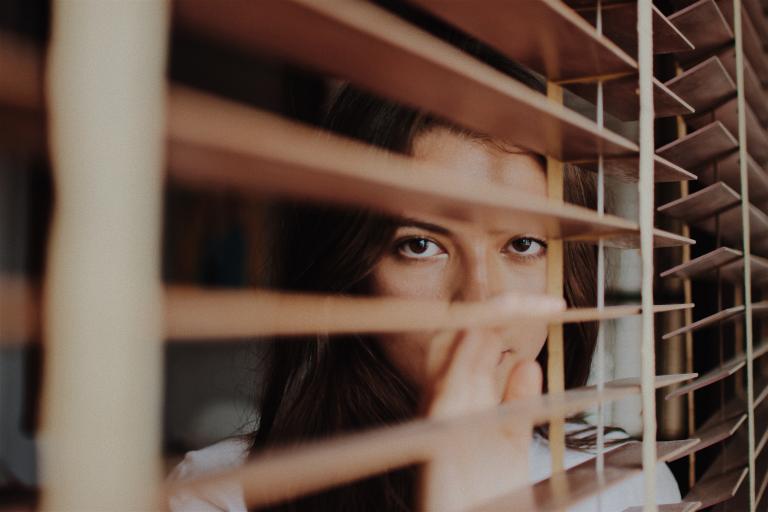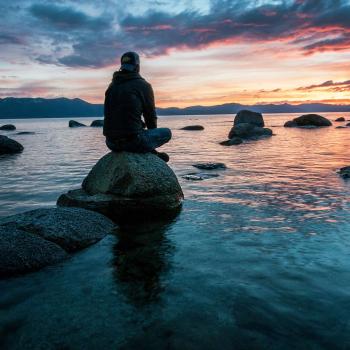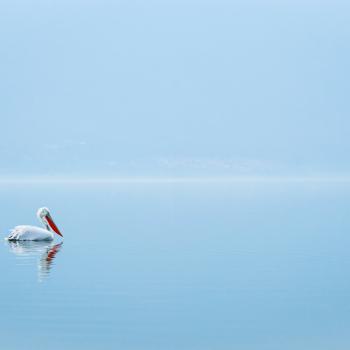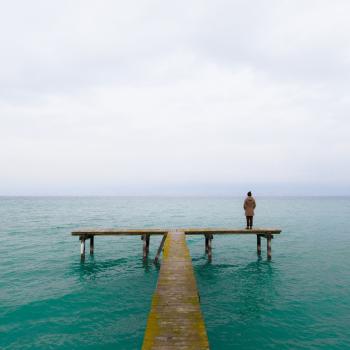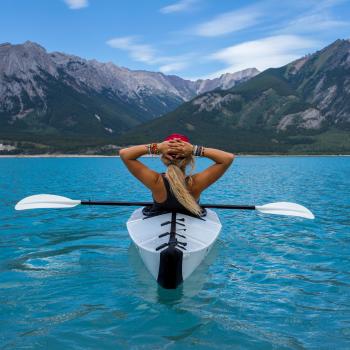For many of us in the United States, the self-quarantine continues. While we’ve begun to dip our toes in the water of social interaction, we’re still spending more time at home than ever. Often working harder than ever and spending more waking hours with family members than ever.
Even though you’re at home, you still need periods of solitude.
Now that our office is our laptop and our family is a near constant presence, we still need to find moments of solitude. There are periods where we unplug from work and disconnect from the family in order to catch our breath and recharge our batteries.
It’s not selfish to want moments of solitude. Writing in Stillness is The Key, life philosopher Ryan Holiday tells us that “solitude is not just for hermits, but for healthy, functioning people” and succinctly describes why we occasionally need this alone time:
Sometimes you have to disconnect in order to better connect with yourself and with the people you serve and love.
The need for solitude may be something we’re hard-wired for as it dates back to the earliest days of humankind. David A. Cooper, writing in Silence, Simplicity and Solitude, says that:
The busy life we lead, our calendar filled with business obligations, social activities, or family interaction several days a week, is a relatively new phenomenon for humans. Missing for most people in today’s world is the weekly period of solitude and reflection that was an integral part of life for thousands of years.
Holiday points out that Bill Gates, the Microsoft founder and philanthropist, has for many years taken a “think week” twice a year. He spends 7 days alone in an undisclosed cabin in a forest, without business associates, family members or a smartphone at his side. “There, physically removing himself from regular interruptions, he can really sit down and think. Gates emerges recharged and refocused.”
Of course, while we all might like to have the opportunity to escape to a cabin in the woods or a retreat or meditation facility, most of us don’t have the time or wherewithal to pull this off. Cooper reminds us that “a good solid retreat can be accomplished in our own mind,” and all we really need are two things: solitude and silence.
These retreats don’t happen by accident. We need to schedule them. This means setting aside time for a 1- or 2-hour mini-retreat, where we can contemplate, meditate, do yoga, focus on the breath, or simply just be. This may involve putting a do-not-disturb sign on the door to your home office or carving out time by waking up at dawn or staying up late, after the rest of the family has retired for the evening. Or, if those aren’t possible, you may choose to schedule a nice long solo walk, which can work just as well. Holiday advises us that:
Each of us need to put ourselves, physically, in the position to do that kind of deep work….even if only for a few stolen hours—where we can think and have quiet and solitude. We have responsibilities. But they will be better for our temporary disappearance. We will carry back with us the stillness from our solitude in the form of patience, understanding, gratitude and insight.
We often use the word “multi-task” to describe how we’re handling and running our lives. On the Calm meditation app, I recently heard a recommendation that we actually do the opposite of multi-tasking, something you don’t hear about often: single-tasking. It means putting your mind to a single task and putting aside everything else.
Solitude is a single-task and worth our pursuit.
When we stop, disconnect and recharge, it has a way of rejuvenating us. In the words of Copper, these periods of solitude or mini-retreats enable us to “develop the light within us to bring into the world and yet not get caught up in the world.” Like Bill Gates, the ultimate goal from any period of alone time is to emerge recharged and refocused.
The Dalai Lama, writing before the COVID-19 pandemic, was prescient when he said there are times in our lives when we need to hit the pause button and acknowledge, “I’m getting stir-crazy.” His simple advice:
Take a breath and hold that restlessness. Allow it to be held with some kindness, and it will start to settle down. Doing that will open you to something more mysterious. Which is that you’ve realized: Maybe I can live a little easier.
The next step to living a little easier: scheduling time for solitude.


